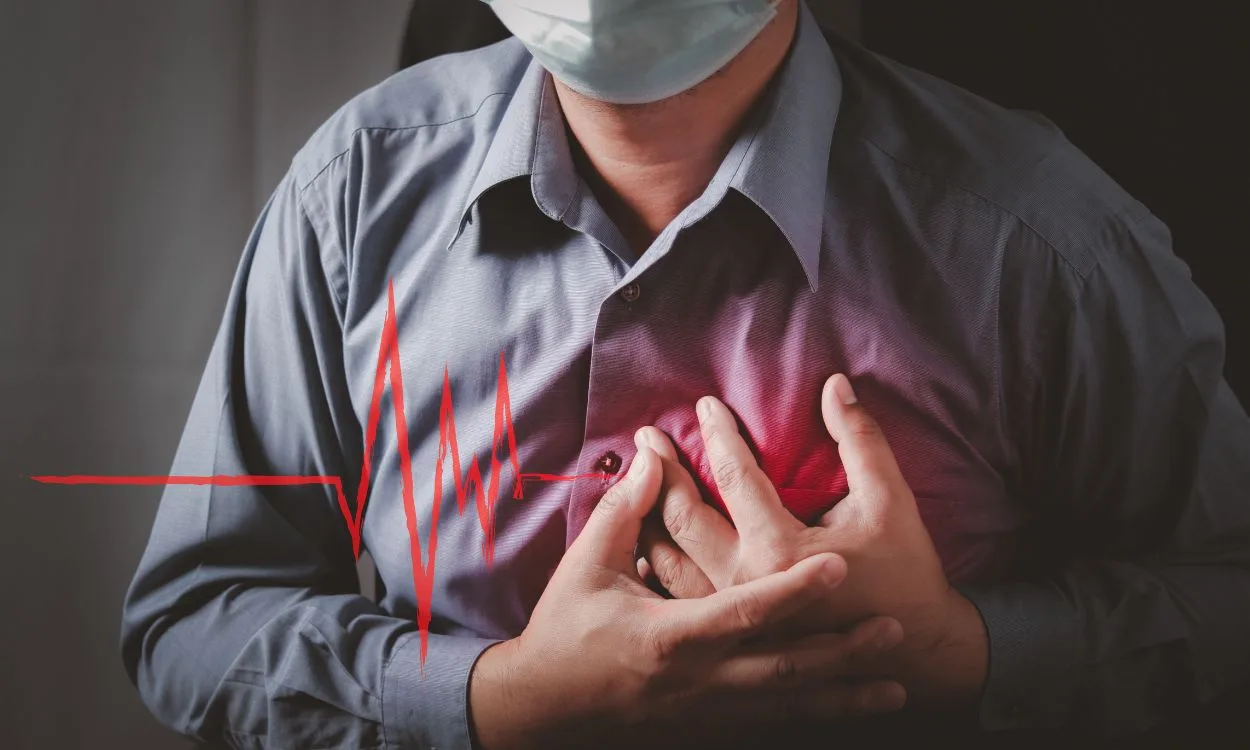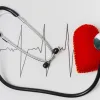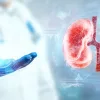What are the symptoms of a heart attack?
A heart attack, also known as myocardial infarction, occurs when the blood flow to the heart is blocked, usually by a blood clot. It is a serious medical emergency that requires immediate attention. Recognizing the symptoms of a heart attack is crucial in order to seek medical help promptly.
Here are the common symptoms:
- Chest pain or discomfort: The most common symptom of a heart attack is chest pain or discomfort. It is often described as a feeling of pressure, tightness, or squeezing in the chest that may come and go. The pain may radiate to the arm, neck, jaw, back, or stomach.
- Shortness of breath: Another common symptom is difficulty breathing or shortness of breath. You may feel like you can’t catch your breath or that you are unable to take deep breaths.
- Nausea and vomiting: Some people may experience nausea, vomiting, or indigestion-like symptoms during a heart attack. This can be accompanied by a feeling of extreme weakness or fatigue.
- Sweating: Profuse sweating, often described as cold and clammy sweat, can be a sign of a heart attack. Your skin may feel cool to the touch and you may break out into a cold sweat even if the environment is not hot.
- Lightheadedness or dizziness: Feeling lightheaded or dizzy, as if you might faint, is another potential symptom of a heart attack. This can be accompanied by a sense of impending doom or anxiety.
- Chest pressure or tightness: Some people may experience a sensation of pressure or tightness in the chest, which may feel like an elephant is sitting on their chest. This can be accompanied by a feeling of fullness or discomfort.
- Pain or discomfort in other areas: In addition to chest pain, a heart attack can cause pain or discomfort in other areas of the body, such as the arms (especially the left arm), neck, jaw, back, or stomach. This pain may come and go or persist for an extended period.
- Unexplained fatigue: Feeling unusually tired or fatigued, even with minimal physical exertion, can be a symptom of a heart attack. This fatigue may be overwhelming and not relieved by rest.
It is important to note that symptoms can vary from person to person, and some individuals may not experience chest pain at all. Women, older adults, and people with diabetes may also have atypical symptoms. If you or someone around you is experiencing any of these symptoms, it is crucial to seek immediate medical attention by calling emergency services.
Now that you understand the symptoms of a heart attack, it is important to prioritize your heart health. Fitpaa, a comprehensive health and fitness app, can assist you in achieving your health and fitness goals, including improving heart health. With personalized fitness plans, access to expert health coaches, nutritionists, and doctors, and real-time guidance technology, Fitpaa can help you optimize your metabolism and achieve your goals with guaranteed results.
Don’t wait until it’s too late. Download the Fitpaa app today and take control of your heart health. Remember, your well-being is our mission, and we are here to support you every step of the way.









